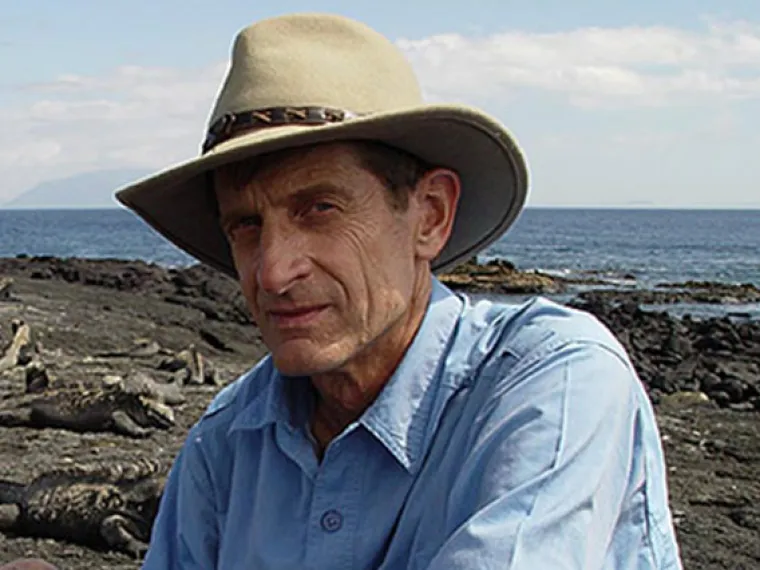David Yetman
David Yetman is research social scientist and has been at the Southwest Center since 1992. He received his doctorate in philosophy from the University of Arizona in 1972. Yetman’s research has been primarily directed towards the state of Sonora, its indigenous people, their history, and how they have incorporated native resources into their lives.
His books include Sonora: An Intimate Geography (1996); Scattered Round Stones: A Mayo Village in Sonora, Mexico (1998); Guarijíos of the Sierra Madre: Hidden People of Northwest Mexico (2002); and The Ópatas: In Search of a Sonoran People (2010). He has also written extensively on native uses of plants in Sonora. His Mayo Ethnobotany: Land, History, and Traditional Knowledge in Northwest Mexico (2002, co-authored by Thomas R. Van Devender) combines ethnohistory and ethnobotany. His 2007 volume The Great Cacti: Ethnobotany and Biogeography of Columnar Cacti documents columnar cacti throughout the Americas, while a smaller work The Organ Pipe Cactus (2006) describes the natural history of the remarkable plant for which a U.S. Park Service National Monument is named. In February 2020 was published The Saguaro Cactus, A Natural History, co-written with Alberto Búrquez, Kevin Hultine, and Michael Sanderson.
In addition, Yetman is author of numerous journal articles and book chapters. He is a frequent present of lectures on deserts, their people and their natural history. In addition to his writing, Yetman served for nine years as host for the PBS documentary television series The Desert Speaks and currently produces and hosts the PBS series "In the Americas with David Yetman." Yetman received an Emmy Awards in 2007 and 2014 for his documentary television work.
Read David's contributions to the Journal of the Southwest


